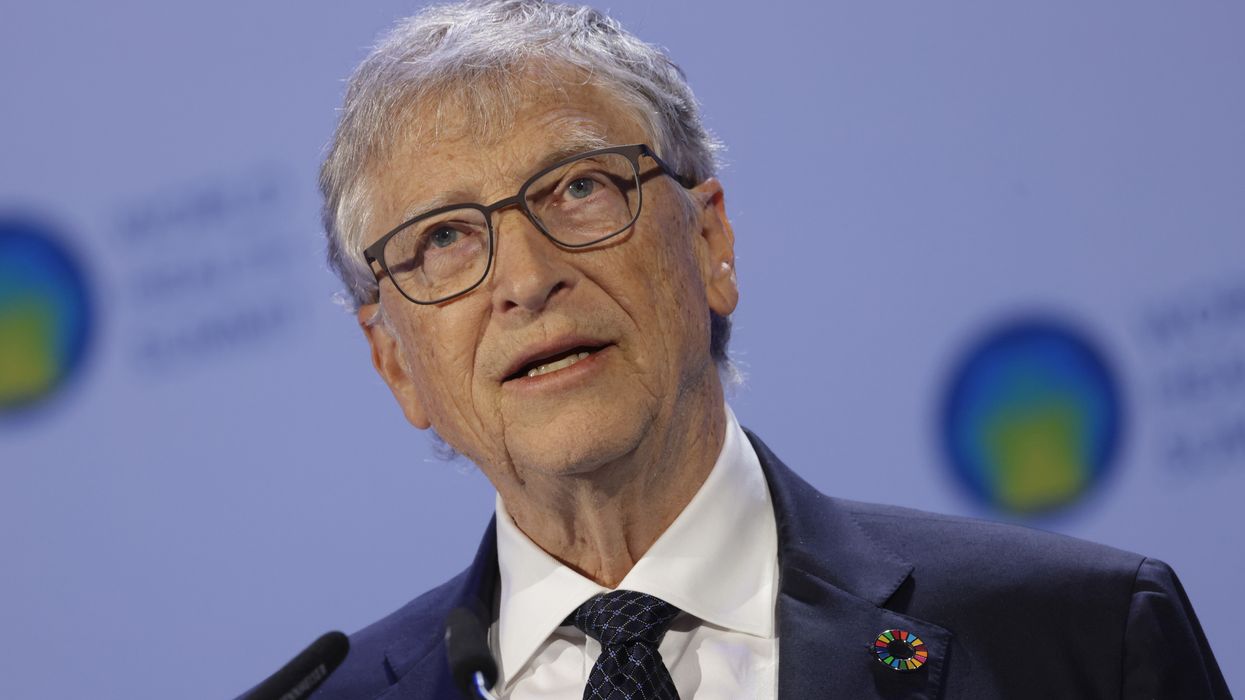Microsoft founder Bill Gates has announced his intention to give away 99% of his wealth by 2045, pledging to accelerate his charitable giving through his foundation.
In a blog post published on Thursday, 8 May 2025, Gates, 69, shared his plan to use the next two decades to distribute most of his vast fortune. He intends to wind down the operations of his foundation by 2045, a decision that marks an acceleration of his previous philanthropic goals.
Gates stated, "People will say a lot of things about me when I die, but I am determined that 'he died rich' will not be one of them." His comments come as he outlines his commitment to giving away the vast majority of his wealth during his lifetime, following the philosophy of Andrew Carnegie, the late steel tycoon who argued that the wealthy had a duty to return their fortunes to society. Gates quoted Carnegie’s famous line: "The man who dies thus rich dies disgraced."
Since its inception, the Bill and Melinda Gates Foundation has already contributed over $100 billion (£75 billion) towards global health and development projects. Gates revealed that the foundation plans to donate another $200 billion over the next two decades, depending on inflation and market conditions. These contributions will focus on areas such as health, poverty alleviation, and education.
Gates explained that his new approach to giving accelerates his previous plan, which involved continuing the foundation’s operations for several decades after his death. He told the BBC’s Newshour that he believes that in 20 years, there will be other wealthy individuals better positioned to address future global challenges. “It’s really about the urgency,” he explained. "We can spend a lot more if we're not trying to be perpetual, and I know that the spending will be in line with my values."
While giving away 99% of his wealth would still leave Gates with a substantial fortune, Bloomberg estimates his current net worth at $108 billion, making him the fifth-richest person in the world. Gates included a hand-drawn timeline in his blog post, showing his wealth gradually declining to close to zero by 2045. He also outlined that the foundation would draw on its endowment to distribute an additional $200 billion.
Co-founder of Microsoft alongside Paul Allen in 1975, Gates played a crucial role in the company’s dominance in the tech industry. Although he stepped down as CEO in 2000 and as chairman in 2014, his influence on the company and the technology sector remains significant. Over the years, Gates has become known for his philanthropic work, inspired by investor Warren Buffett and other wealthy philanthropists.
Despite praise for his charitable work, Gates' foundation has faced criticism from some quarters. Detractors argue that the foundation uses its charitable status to avoid tax and wields disproportionate influence over the global health system. Nonetheless, Gates has maintained that the foundation’s work is aimed at addressing the world’s most pressing issues.
In his blog post, Gates outlined three key goals for the foundation's future efforts: eliminating preventable diseases that affect mothers and children, eradicating infectious diseases such as malaria and measles, and reducing poverty for millions of people. Gates also criticised the recent cuts in foreign aid by the US, UK, and France, calling these reductions a setback for the world’s poorest people. He emphasised that the foundation would continue to support global efforts to alleviate poverty, regardless of political changes.
In a more pointed interview with the BBC, Gates responded to questions about his previous comments regarding tech billionaire Elon Musk. Gates had accused Musk of exacerbating global harm through cuts to US aid, specifically pointing to reductions in funding for programmes aimed at helping children. “These cuts will kill not just children, but millions of children,” Gates stated. “You wouldn't have expected the world's richest person to do it.”
Additionally, Gates raised concerns over cancelled grants to a hospital in Gaza Province, Mozambique, which had been linked to a false claim by former US president Donald Trump about funding for condoms for Hamas. Gates commented that Musk's cost-cutting measures had contributed to children in the region being infected with HIV, an outcome he described as tragic.
The BBC has reached out to Elon Musk for comment, but as of now, there has been no response.
The Gates Foundation continues to be one of the world’s leading philanthropic organisations, with a broad mandate to tackle global health issues and poverty. Despite the criticism, its efforts have contributed to significant improvements in healthcare, education, and poverty alleviation worldwide.





